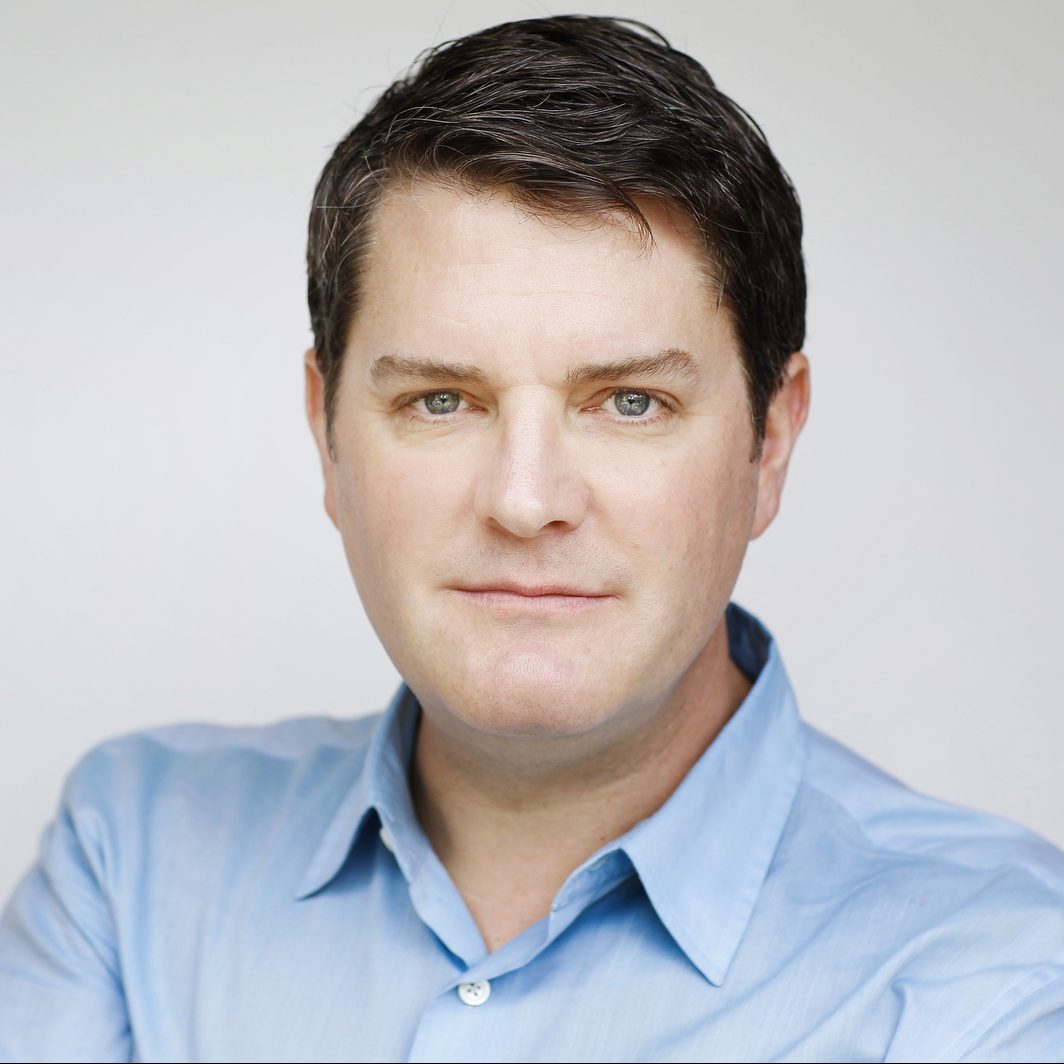Michael McGahey, MarVista Entertainment
At the time of this interview, Michael McGahey was vice president of Series Development and Production at MarVista Entertainment. A Temple University graduate, he convinced a former boss to take a chance on a script by Michael Arndt that became the 2006 hit film “Little Miss Sunshine.”

What does an average work day look like for you?
In a typical day, I have general meetings or project-specific meetings with writers, producers, directors, actors, managers, agents, network executives and studio executives, or I will have internal meetings with my team. The purpose of my job is to identify, develop, package with talent, sell and ultimately produce TV series and movies for networks, both domestically and internationally. I spend a lot of time meeting with people, corresponding, reading, giving notes and selling a variety of different projects.
What’s your favorite part about your job?
The creative part of the job is the most fun. “Spitballing” ideas with creative people is my favorite part. Negotiating deals is probably my least favorite.
What kind of classes did you take at Temple?
I was really interested in writing and directing, so I took a lot of screenwriting classes and also took classes in the English department, like prose writing and poetry writing. I was really concentrating on writing actually. It was the thing that was most important to me. I did take film editing classes and directing classes and all of that.
How is your job similar to an editor at a publishing or magazine organization?
I read written material, and then I work with the writers to develop that material into something that we can turn into either a television show or movie.
What is the story behind “Little Miss Sunshine”?
“Little Miss Sunshine” was sent to me by an executive at Bona Fide Productions. I read the script, and our development team and assistants all read it. In total there were probably about 10 or 11 of us who read it and weighed in. At the time, I was director of development, and there were two execs above me who didn’t support buying the script, but I fought for it, and ultimately, the partners agreed with me. That was gratifying for me early on in my career. It taught me that you have to have good taste and fight for what you believe in, which doesn’t happen every day.
Why did you make the shift from from movies to television?
I love the theatrical movie business and would have happily stayed in it. The problem is that it’s a business in retreat, so there are not as many job opportunities as there once were because there are fewer and fewer movies being produced. The only reason “Little Miss Sunshine” got made was because my boss was willing to finance the movie out of pocket. That’s a huge gamble, and usually you don’t have a success like “Little Miss Sunshine” come from a gamble like that. TV is just a more robust business presenting more opportunities for success than the feature film will ever likely have again.
Where do you see yourself in five years?
In five years I will likely be more actively producing current TV series for my company, as opposed to developing and selling, and probably managing a larger TV series department. Secretly, I hope I’m on an island in a hammock someplace, but I’m more of a workaholic than that.
— Katherine Ricchini '17